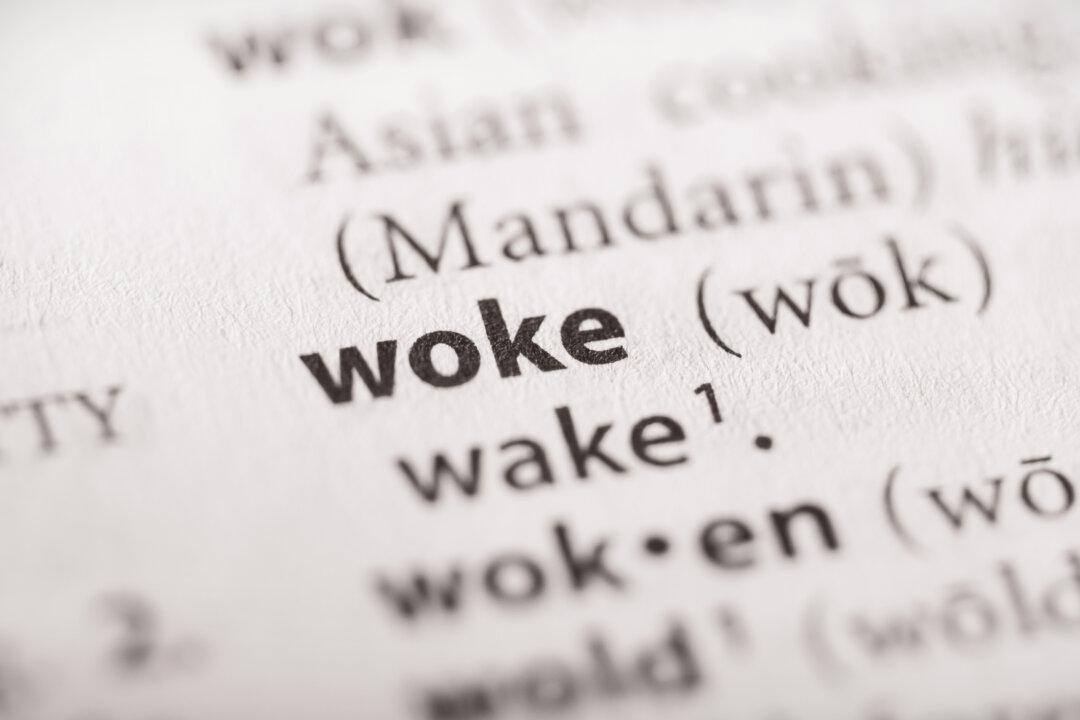Commentary
My professor of logic drove a painted-up VW bug, dressed like a hippie, did drugs, and proclaimed himself to be an apostle of Karl Marx. Looking back, it seemed mostly like an act. The substance of the class was as strict as any I’ve taken.





